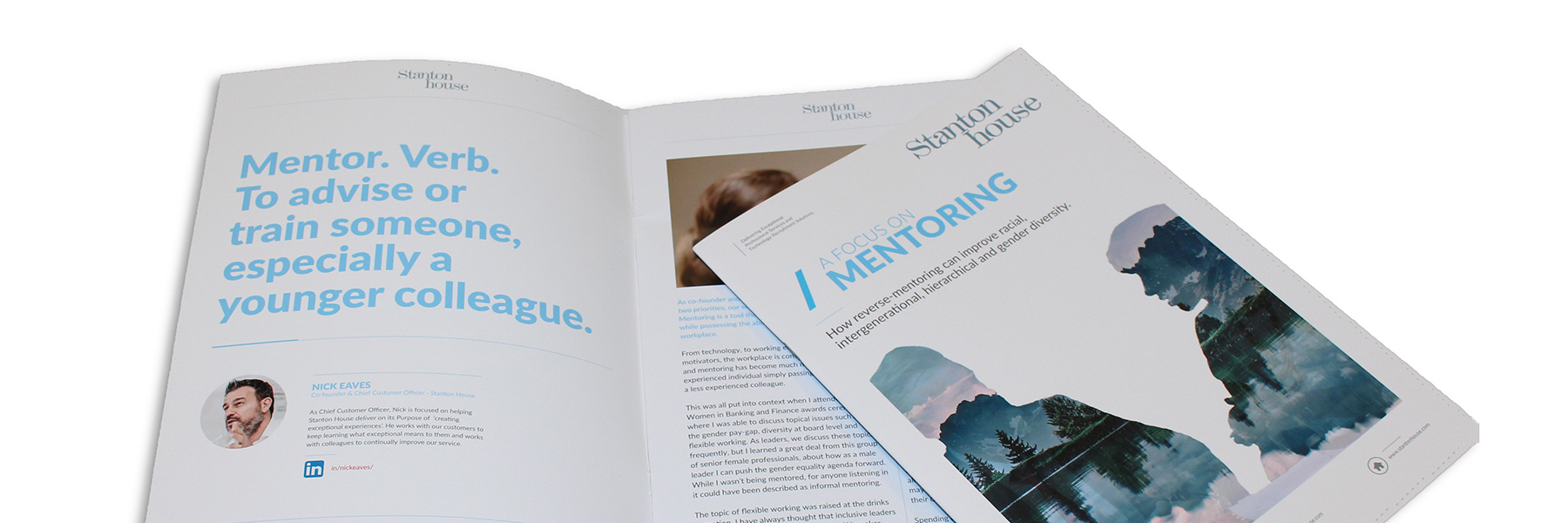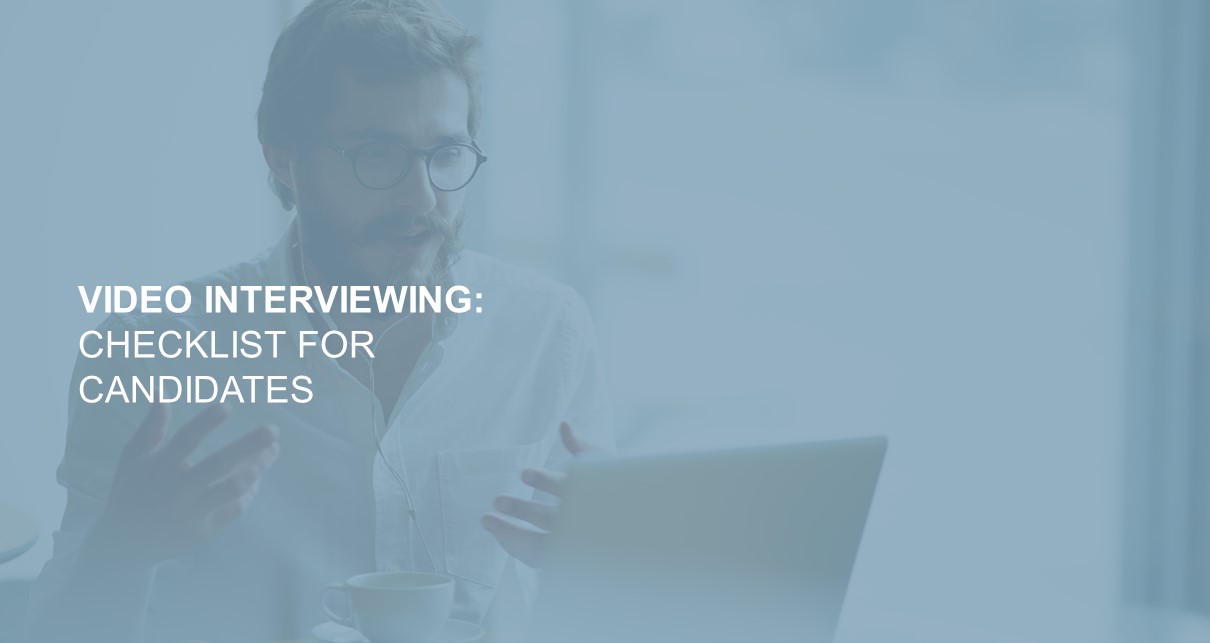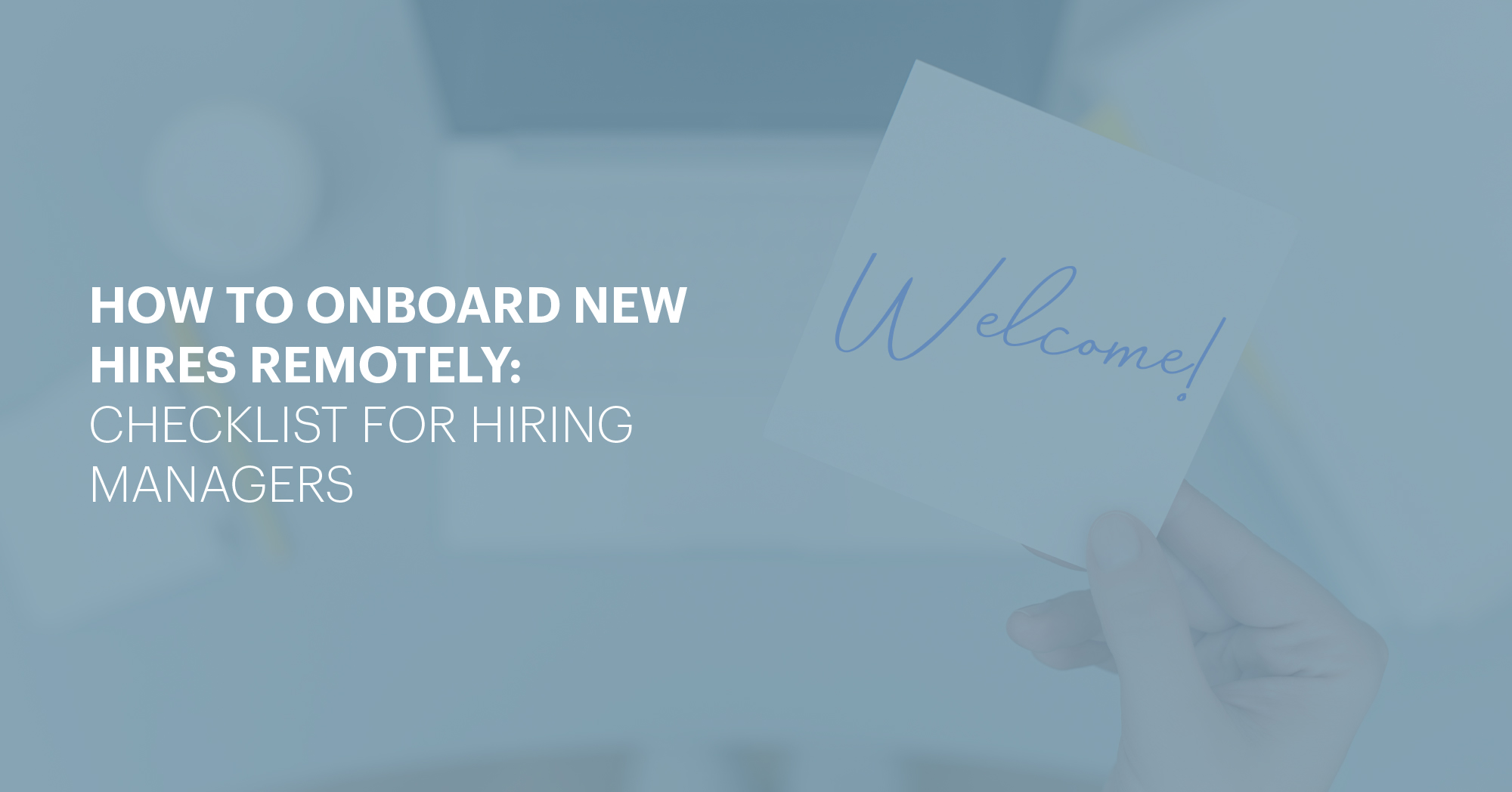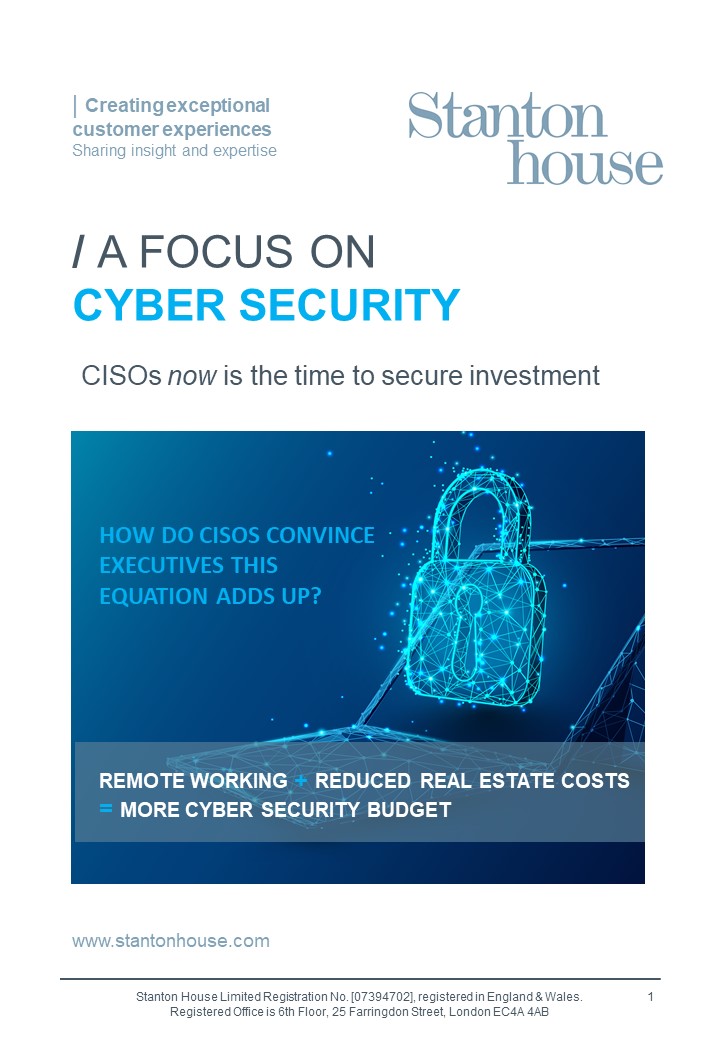
This blog was posted by Nick Eaves
Co-founder & Chief Customer Officer

Posting date:
08 Oct 2019
Mentor. Verb. To advise or train someone, especially a younger colleague.
Reverse-Mentoring. Verb. To do the above, in reverse.
As a trend, reverse-mentoring has been weaving in and out of popularity since the 1990’s.
It was popularised by General Electric in 1999 when former CEO; Jack Welch, tasked 500 junior associates with teaching a board of executives how to use the Internet. Two decades later and we might need it more than ever.
In November 2018 we created a white paper to discuss the power of mentoring and its ability to improve not just intergenerational but hierarchical, racial and gender diversity in the workplace. We conducted exclusive interviews with the likes of EY, Microsoft and BNP Paribas, conducted FTSE analysis and offered practical guidance to present mentoring as a tool to break down internal barriers, diversify talent pools and support commercial objectives.
One year later and the paper has had a huge impact on our network prompting many to introduce their own scheme.
This is the story of Royds Withy King and how Learning and Development Manager Sarah Dena introduced a phenomenal reverse-mentoring scheme across the entire law firm after reading our white paper.
Sarah requested a copy of our white paper having seen it advertised online. She was always interested in the concept of reverse-mentoring but like many other HR professionals, was unsure of how to implement it to such a large scale across the entire organisation.
She said: “It really did shape my thinking for the mentoring programme that we subsequently rolled out. It presented this idea that I had been thinking about for a while and it laid out the exact steps I needed to take to get there. I remember a quote from Célisiane of BNP Paribas who said if you don’t have C-Level buy in, don’t bother trying reverse-mentoring as you need that top-down sponsorship. I had been approaching it from a bottom-up angle and that statement alone completely transformed my way of thinking.
“It took courage to go to the MD of the law firm suggesting that he be reverse-mentored but it really couldn’t have worked any better and a testament to his leadership and commitment to a culture of learning. He is currently in two mentoring partnerships, one of whom is a trainee in her mid-20s in the first year of her training contract. They could not be any more different in terms of their background and journeys but they are finding common ground and ways to support each other’s objectives from the mentoring partnership.“In terms of logistics, our mentoring partnerships meet once a month. Time is a really sensitive matter in professional services, so asking someone to commit one hour per month for six months is tough. I had to be very prescriptive with the time commitment in order to get mentor buy-in and I gave an end-date to the mentoring partnership of 6 months so that there was clarity on when the partnership was considered to have met the minimum required number of meetings. Preparation and management of the partnerships’ mission is on the individual too, which aligns with our talent philosophy which puts the individual in the driving seat of their personal and professional development. That helped with mentor engagement to move the programme forward. I have decided to not restrict the relationship with an end date. This should be up to the two individuals taking part and is more in the spirit of traditional mentoring, where relationships can span decades and careers.
“We have 12 other pairings with employees of different levels and functions. We have a really blended mix of people which works brilliantly and have adapted the original definition of reverse-mentoring to encompass mentoring partnerships. In an environment where seniority really does count, we have decided the partnership angle works really well as after all, it is a two-way exchange.
“We have 12 other pairings with employees of different levels and functions. We have a really blended mix of people which works brilliantly and have adapted the original definition of reverse-mentoring to encompass mentoring partnerships. In an environment where seniority really does count, we have decided the partnership angle works really well as after all, it is a two-way exchange.
“To allow more mentoring partnerships across the firm the HR team are enabling a Mentor Matching function in their LMS which will support individuals to create personalised searches for mentors and connect with them directly with appropriate and available mentors for a chemistry conversation. This streamlines the process and embeds it as part of the learning culture at Royds Withy King.”
At Stanton House we believe that content is a powerful thing and that by producing truly insightful white papers with the thought-leaders that exist within our network and beyond, we can truly make a difference and add value to the way you work everyday.
If you have read one of our white papers and have since seen a positive impact on your development or organisation please get in touch and share your story but if you haven’t read our Reverse-Mentoring white paper, you can download it below!
Similar blogs

Insight papers
We take great pride in being able to share expert knowledge and having an opinion on the topics that will impact your hiring success or professional career.
Explore and download our recent insight papers.




